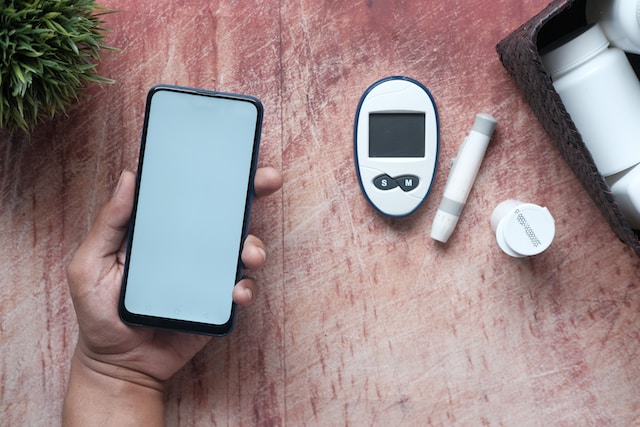Being diagnosed with diabetes can be a life-altering event, but the notion of reversing the condition offers hope to those living with it. While diabetes is a chronic condition, recent research has shed light on the possibility of achieving remission through various interventions. In this article, we explore the journey from diagnosis to remission and the steps individuals can take to potentially reverse diabetes.
Acceptance and Education: Receiving a diabetes diagnosis can be overwhelming, but accepting the condition and seeking education about it are crucial first steps. Understanding the impact of diabetes on the body and the role of factors such as diet, exercise, and medication is vital. Education empowers individuals to make informed decisions and take control of their health.
Lifestyle Modifications: One of the key components of the journey to reversing diabetes is making significant lifestyle modifications. Adopting a healthy diet, rich in whole foods, fruits, vegetables, lean proteins, and whole grains, can help manage blood sugar levels effectively. Limiting the consumption of processed foods, sugary beverages, and high-glycemic index carbohydrates is also recommended.
Regular physical activity plays a pivotal role in diabetes management and potential reversal. Engaging in aerobic exercises, such as walking, swimming, or cycling, can improve insulin sensitivity and contribute to weight loss. Strength training exercises help build muscle mass, which aids in better glucose control.
Weight Management: For individuals with type 2 diabetes, weight management is a critical aspect of the journey to reversal. Excess weight is often associated with insulin resistance and can impede glucose control. Achieving and maintaining a healthy weight through a combination of diet, exercise, and behavioral changes can lead to significant improvements in blood sugar levels and potentially reverse the condition.
Medical Supervision and Medication Adjustments: Throughout the journey to reversing diabetes, it is important to work closely with healthcare professionals. Regular check-ups, monitoring blood sugar levels, and adjusting medication as needed are vital. Healthcare providers can provide personalized guidance and support, ensuring that any changes made align with an individual’s specific needs and medical history.
Continuous Self-Care and Monitoring: Reversing diabetes is not a quick fix, but rather a long-term commitment to self-care. Regular self-monitoring of blood sugar levels using glucometers or continuous glucose monitors helps individuals track their progress and make necessary adjustments to their management plan. It is essential to stay vigilant and continue implementing healthy lifestyle habits even after achieving remission to maintain long-term success.
Emotional Support: The journey to reversing diabetes can be emotionally challenging. It is essential to seek emotional support from family, friends, or support groups who understand the experience of living with diabetes. Counseling or therapy can also provide a safe space to address the emotional aspects of the condition and develop coping strategies.
Individual Variability and Realistic Expectations: It is crucial to recognize that the journey to reversing diabetes varies among individuals. Results may differ based on factors such as age, duration of diabetes, overall health, and genetic predisposition. It is essential to set realistic expectations and focus on achieving individualized goals rather than comparing oneself to others. Diabetes management is a lifelong commitment, and continuous efforts are necessary to maintain optimal health.
Conclusion: The journey from diagnosis to remission is a challenging but achievable path for individuals with diabetes. By embracing lifestyle modifications, focusing on weight management, seeking medical supervision, and providing emotional support, it is possible to potentially reverse the condition. Reversing diabetes requires determination, education, and a commitment to long-term self-care. While not everyone may reach full remission, every positive step taken towards better health is a victory.Word Count: [600 words]




